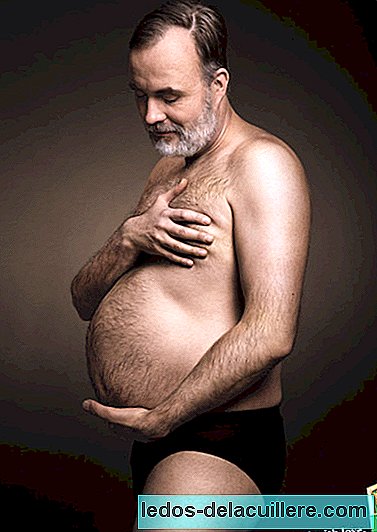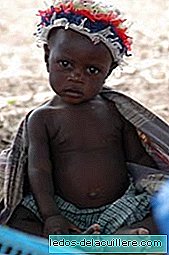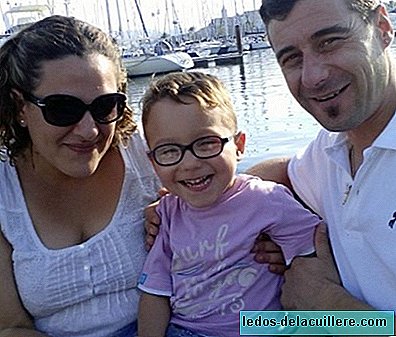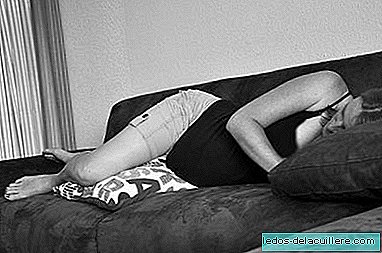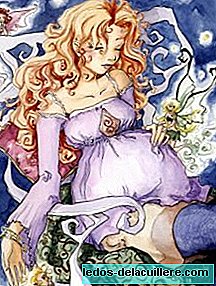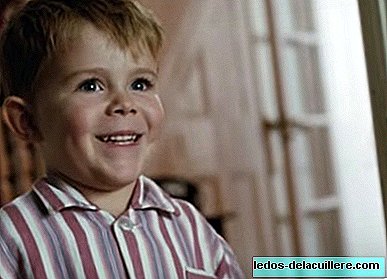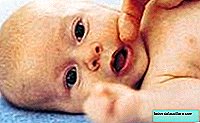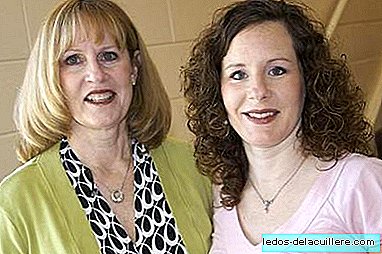
The hereditary factor could somehow help predict the chances of conceiving in a woman, depending on when her mother stopped being fertile. This is indicated by a study that has just come to light, which relates the age of the mother's menopause with the daughter's fertility.
Danish researchers found that women whose mothers had an early menopause had fewer ovules in their ovaries than women whose mothers had a late menopause.
After analyzing the data of 527 women between the ages of 20 and 40, the scientists concluded that maternal menopause is related to the amount of ovarian reserve, which is important when getting pregnant.
They found that fertility levels decline faster in women whose mothers had an early menopause, before age 45, compared to women whose mothers had a late menopause, after age 55.
The ovarian reserve in women is the number of ovules that remain to be released in the ovary. As you know, women are born with an amount of ovules, an average of 300,000, and although the average ovulation is about 450 times in life, the reserve drops much faster than the number of ovulations, making the 90% of the ovules disappeared after 30 years.
While every woman is a world, and having fewer ovules in her ovaries does not mean she will have fewer children, the mother's menopause age could be related to the daughter's fertilityWell, in general, if they have less viable ovules, they are less likely to conceive.



